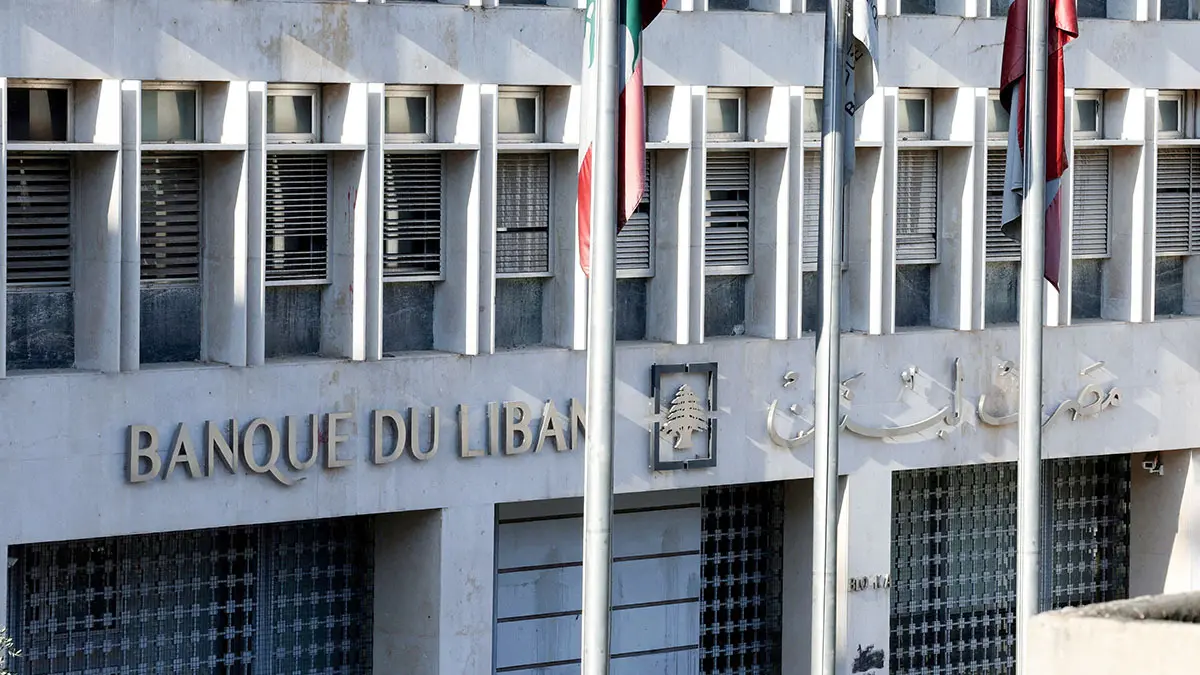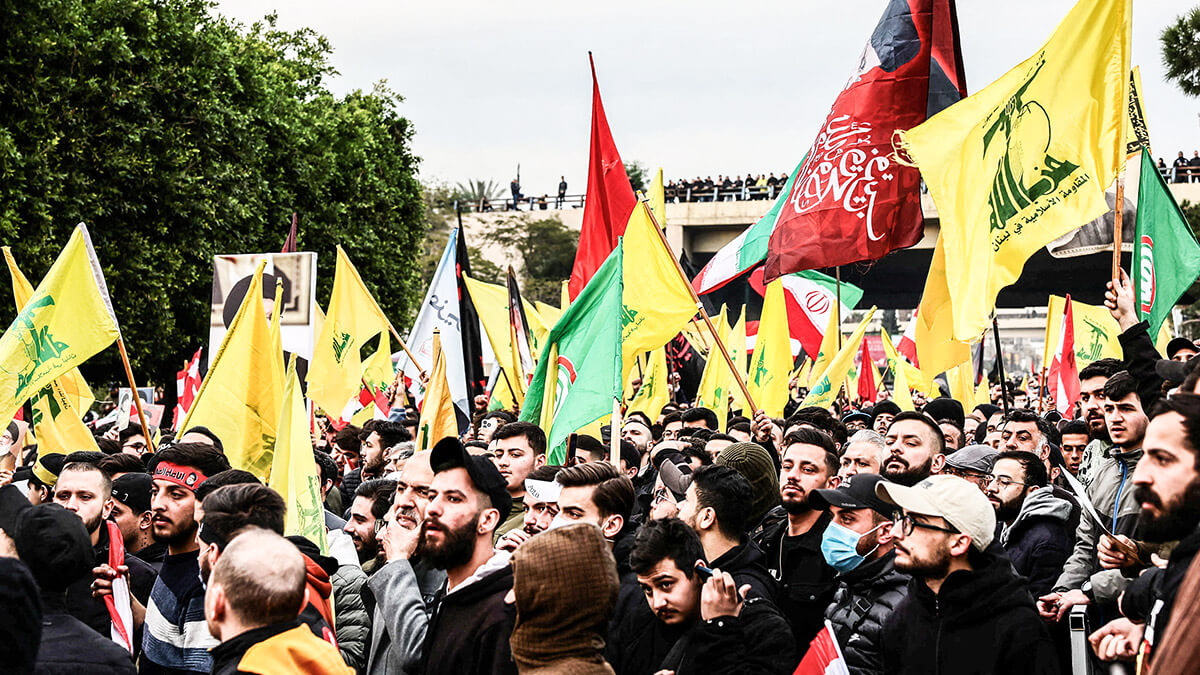The Central Bank of Lebanon shows the decline of Hezbollah's influence

The Central Bank of Lebanon has banned several unlicensed financial institutions, one of which is the Al Qard Al Hasan Association, which is linked to Hezbollah.
The bank stated that ‘banks and financial institutions are prohibited from conducting any direct or indirect, total or partial, dealings with unauthorised exchange institutions or unauthorised associations and bodies’. Among them, it also named Cedars Inter S.A.L, Al Maysar Finance Investment Company and the Muslim Money House.
Failure to comply would result in the suspension or revocation of the licences of those involved. It would also lead to the freezing of their accounts and assets and make them subject to investigation by the Special Investigation Commission.
US envoy Thomas Barrack expressed his satisfaction when he said that Lebanon is taking the right path against Hezbollah. ‘The transparency and harmonisation of all financial intermediaries in Lebanon under the supervision of the Central Bank is a valuable and necessary achievement,’ Barrack stressed.
Founded in 1980 as a charitable organisation, the Al Qard Al Hasan Association is one of the most important sources of income for the Iranian-backed paramilitary group. Furthermore, this institution is not subject to Lebanese monetary or credit legislation.
Hezbollah explained that the association actually offers interest-free loans to those in need in order to strengthen social security. However, the United States accuses it of being a ‘front for managing its financial activities.’
The chief economist at Byblos Bank, Nassib Ghobril, commented that banks wanted to distance themselves from the association because it has been a target of US sanctions since 2007. But he stressed that the most important thing is that the problem of Lebanon's underground economy is finally being addressed.

Hezbollah no longer has the strength it once had
The paramilitary group has begun to lose its balance since the confrontation with Israel began, and as a result, its political influence in the country has significantly diminished. It has declined to the point where Hezbollah was forced to accept General Joseph Aoun as president of the Republic and the appointment of Nawaf Salam as Prime Minister.
The Lebanese president warned about the disarmament of the Shiite group in a public appearance: ‘We have made it clear that weapons must be exclusively in the hands of the state.’ He expressed to Al Araby Al Jadeed his desire for this to be achieved by 2025 through dialogue with Hezbollah.
According to El País, Lebanese society is also more inclined towards disarming the paramilitary group after years of government support for them carrying weapons as a defensive measure against Israel.
For his part, Naim Qassem, secretary general of Hezbollah, expressed his opposition to the disarmament initiative. He even warned that they would confront anyone who tried to do so in the same way they did against Israel.
He also categorically denied that the group was weakened, although he showed willingness to talk with the president as long as the conflict with Israel ends.
International Crisis Group researcher David Wood explained that what President Aoun wants is a gradual process of dialogue.








